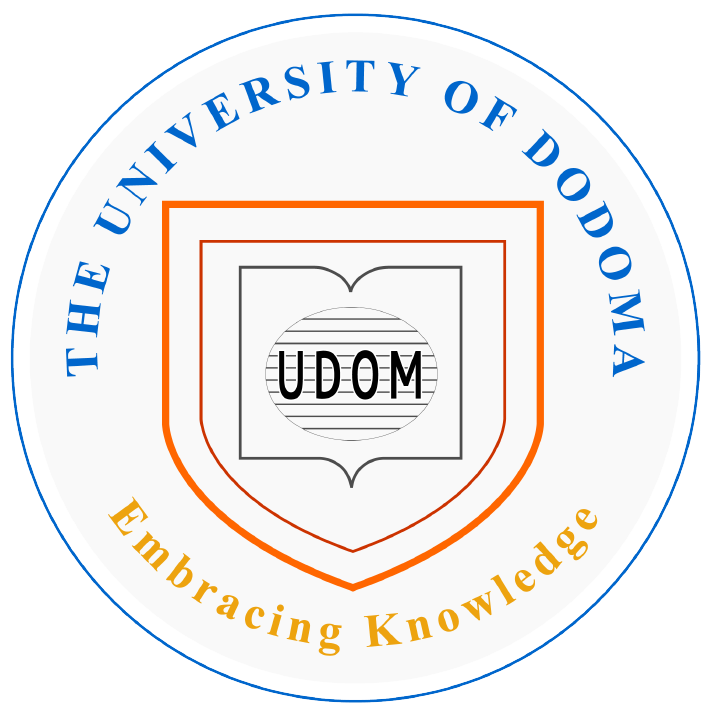Abstract
This article examines the prospects and challenges of writing and publishing in other local languages spoken in Tanzania. It is argued in this article that writing and publishing in other local languages is an area that should be explored in order to tap into the rich tangible and intangible heritage documented in these languages. It is also argued that the current language policy provisions in Tanzania do not provide the desired impetus and enabling policy environment for writing and publishing in other local languages. The prominence and hegemony given to Kiswahili stifles the efforts of writing and publishing in other local languages spoken in Tanzania. As such, there is need to review the language policy to preserve, promote, accommodate and reflect Tanzania’s linguistic diversity through writing and publishing in other local languages.[1] Theoretically, the article is underpinned by the Afrocentricity conceptualisation, which is a mode of thought, and action in which the centrality of African interests, values, and perspectives pre-dominate.
